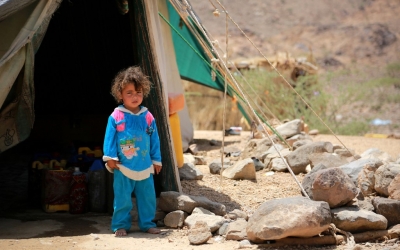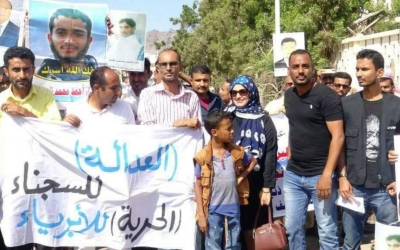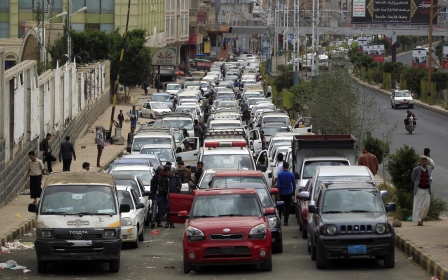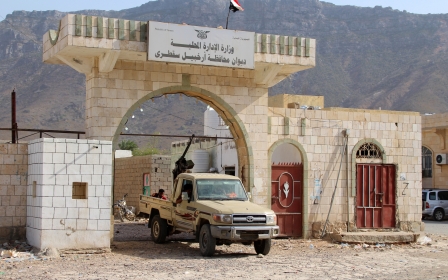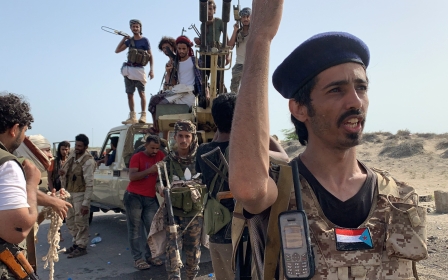All parties in Yemen war accused of arbitrary detentions, disappearances: Report
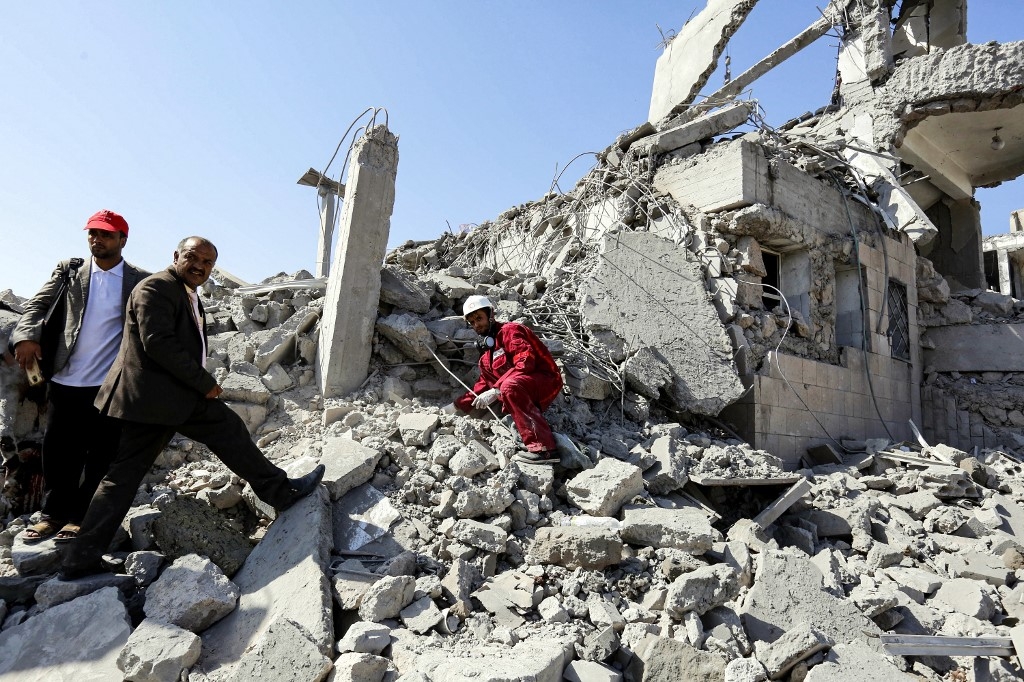
Parties to the five-year-old conflict in Yemen have held hundreds of people at unofficial detention centres in circumstances that could amount to war crimes, a human rights organisation said on Tuesday.
According to a report by Mwatana for Human Rights, a Yemeni civil society group, all parties to the conflict have been complicit in acts of torture and enforced disappearance of detainees.
The parties referred to in the report include the Saudi-backed government of President Abd Rabbuh Mansour Hadi, authorities loyal to the Islah Party in Marib and Taiz, and armed forces aligned with the United Arab Emirates, including the separatist Southern Transitional Council (STC).
The group urged all parties to release all those arbitrarily detained “with the utmost urgency”, given the risks associated with the coronavirus pandemic in Yemen.
“The warring parties continue to insult Yemenis’ dignity by committing such violations, including arbitrary detention, enforced disappearance and torture,” Radhya Al-Mutawakel, the head of Mwatana, said in a press statement.
“Victims have been subjected to appalling patterns of torture. Urgent action is needed to release all those arbitrarily detained as one of the most crucial steps given the looming spread of Covid-19 in detention centres, and the danger the disease poses to detainees.”
The report, which covers the period between May 2016 and April 2020, said Houthi rebels are responsible for 904 incidents of arbitrary or abusive detention, 353 enforced disappearances, and 183 incidents of torture, including 27 deaths in custody.
The Hadi government, according to the report, has been involved in 282 arbitrary or abusive detentions, 90 enforced disappearances and 65 incidents of torture, including 14 deaths in custody.
Meanwhile, forces backed by the United Arab Emirates, including the STC, are accused of holding 419 detainees arbitrarily, forcibly disappearing 327 people and torturing 141 prisoners, 25 of whom have died while in detention.
Torture and Covid-19
The report has documented the presence of 11 unofficial detention centres in the country, located in the capital Sanaa and in the cities of Aden, Taiz, Marib, Hodeidah, Dhamar, Hadramout, Abyan and Ibb.
Access to detainees at those sites is virtually non-existent, according to Mwatana, which exacerbates the ill-treatment of detainees there.
The report listed methods of torture employed by the warring sides, including “withholding food and water, sleep deprivation, electrocution, kicking, whipping, hitting with the butts of weapons, hitting with hammers, severe beatings, burning with cigarette butts, pulling out nails, forced drinking of urine and prolonged hanging from the ceiling”.
Prisoners also reported sexual torture, such as the burning of genitals, threats of rape or rape of relatives, and forced nudity.
In addition to torture, coalition air strikes hit unofficial detention facilities in at least four occasions, including attacks on buildings in Dhamar, Hodeidah and Sanaa.
In the latest attack, at least 100 civilians and prisoners were killed when the Saudi-led coalition bombed four buildings belonging to the Dhamar community college in September.
A Houthi spokesperson and another health official told Middle East Eye at the time that 185 people were detained in three college buildings.
The report also warned against the impact of the coronavirus pandemic on prisoners, with the generally poor conditions across detention centres in the war-torn country.
Doctors Without Borders (MSF) said earlier in June that the pandemic has caused Yemen’s health-care system to “collapse completely” since the virus was first detected in the country in March.
The system had already been devastated by the five years of war that has killed tens of thousands and left millions of civilians on the brink of famine.
Middle East Eye delivers independent and unrivalled coverage and analysis of the Middle East, North Africa and beyond. To learn more about republishing this content and the associated fees, please fill out this form. More about MEE can be found here.


